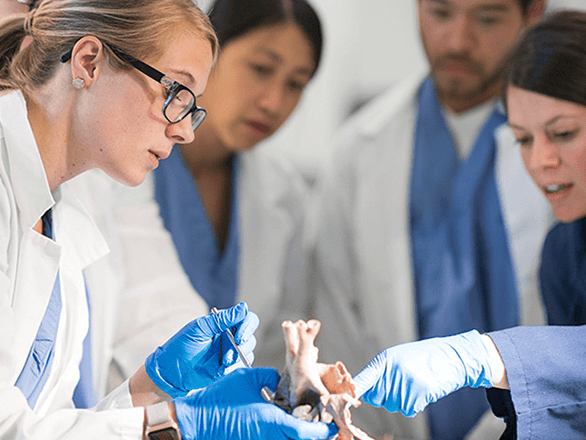What key roles do Physician Assistants (PAs) play in health care?
Trained in the medical (disease-centered) model, Physician Assistants (PAs) exercise significant autonomy in diagnosing and treating patients. Their scope of practice is guided by local regulations and state law. With prior health care experience, PAs complete their training efficiently and are ready to enter the workforce immediately after obtaining national certification.
